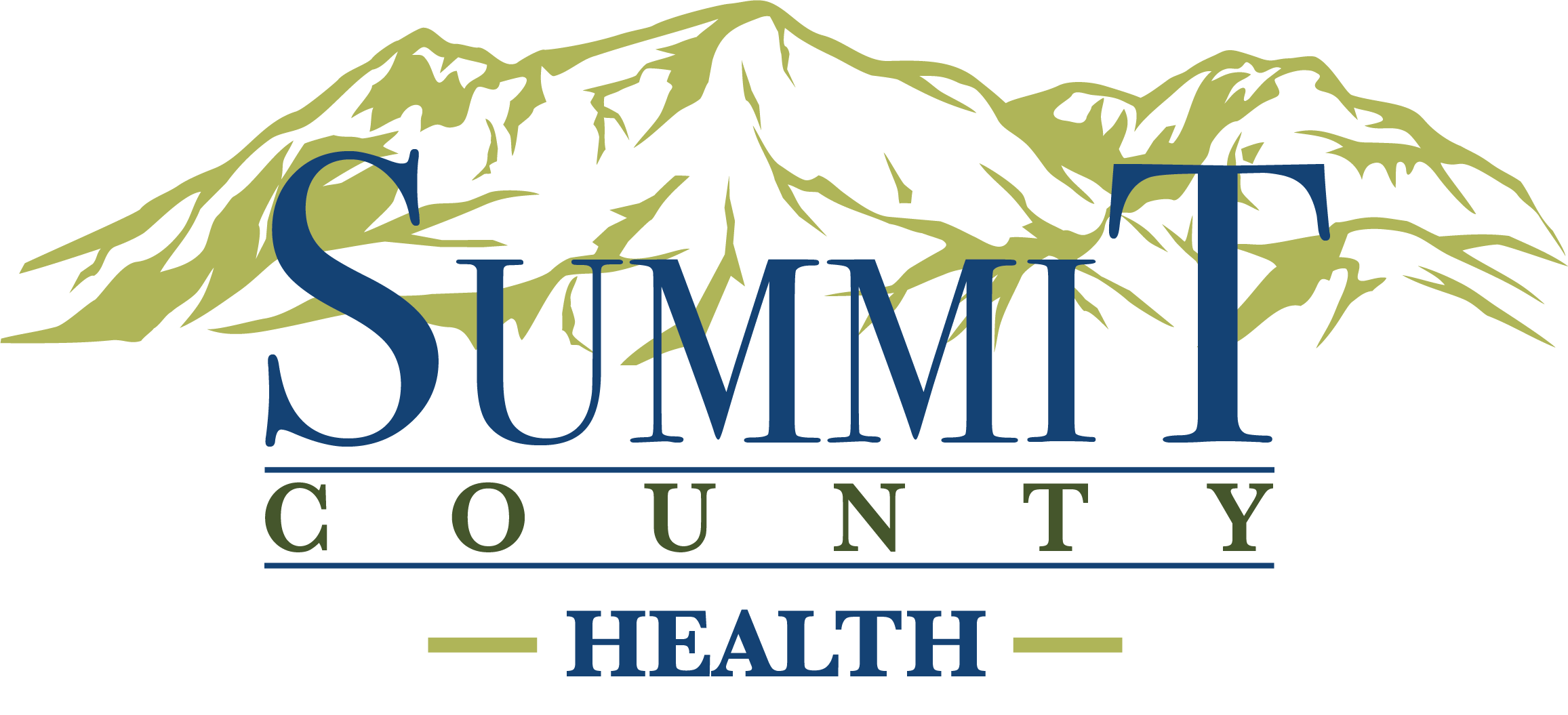Dangers of Secondhand Smoke
Secondhand smoke (SHS) is the third leading cause of preventable disease in the U.S. and a leading cause of acute and chronic disease. Approximately 50,000 individuals die each year as a result of SHS exposure. Secondhand smoke caused by neighbors can have a negative impact on the residents who live in apartments and condominiums
Preventing Tobacco Use in Rentals and Condos
Landlords
Secondhand smoke from one unit can seep through air ducts and cracks, or travel through a shared ventilation system and enter into another person’s living space. As much as 60% of airflow in multiple unit housing can come from other units. With 93% of Utah households not allowing smoking in their homes, it is evident that the majority want to live in housing where smoking is not allowed.
Steps to Make a Policy Change
- Research and understand the benefits of a smoke-free building. Talk to others who have a smoke-free policy. Visit the Utah Statewide Smoke-Free Housing Directory, Utah Department of Health.
- Decide to adopt a Smoke-Free Policy: Once you decide to adopt a policy, you must notify the tenants of the policy change and begin the implementation steps. This will include a letter to notify the residents of the policy change and a model lease addendum.
Laws
Property owners and managers have the right to put rules in place to protect their property and the health of their residents. It is legal for managers and landlords to make rental units smoke free.
Smokers are not considered a protected group under anti-discrimination laws.
The state of Utah enacted the Secondhand Smoke Amendments (SHSA) in 1997. These amendments establish smoking as a nuisance under the law. This gives apartments and condominiums the authority to ban smoking in units, common areas, on the premises or both.
The Utah Indoor Clean Air Act
The Utah Indoor Clean Air Act was passed by the Utah State Legislature in order to protect Utahns and visitors to the state from the toxic effects of secondhand tobacco smoke. Generally speaking the act prohibits smoking in almost all government or privately owned buildings in Utah. The Act is comprised of both a statute and administrative rule.
The Utah Secondhand Smoke Amendments
The Utah Secondhand Smoke Amendments are a reflection of the safety of those who live in multi-unit housing. Next to where we work, where we live is one of the places we spend most of our time. The amendments address the drift of secondhand smoke in multiple dwelling types of settings. They clarify the authority home owners associations and lease agreements have to eliminate the exposure of tenants and owners to the toxic effects of secondhand tobacco smoke.
Steps to Go Smoke-Free
Smoke-free policies can help keep your residents safe from the dangers of secondhand smoke (SHS). They can also protect your investment in your property.
Tips to go Smoke-Free
- Talk about it! Sit down with residents who live in the building and talk about ways to make the complex smoke free.
- Don’t allow smoking in your apartment or condo. Politely ask people, even house guests to smoke outside.
- Let others know that you are keeping you’re your apartment or condo smoke-free to protect others from the harmful effects of SHS, not as a punishment to someone who smokes.
- If you provide a designated smoking area, make it as comfortable as possible. Thank friends and family for helping to keep the community smoke free.
- Change the rental lease to ban smoking in the units, common areas and on the patios or balconies.
- Make signs available to residents that indicate a smoke-free community. Post “No Smoking” signs in common areas, playgrounds, etc.
- Offer incentives to support a smoke-free policy. A landlord or apartment manager can offer non-smoking residents an opportunity to move into vacated units that have been freshly painted or cleaned. This will help to create a smoke-free building.
- Let residents who may want to quit know about resources to help them stop smoking, such as waytoquit.org or 1-800-Quitnow (1-800-784-8669).
Policy Adoption Checklist
Thinking of adopting a smoke-free policy? Here are a few tips:
- Survey residents about their experience with secondhand smoke exposure in the building and their interest in living in a smoke-free building.
- Decide policy details and include in Smoke-Free Policy Lease Addendum.
- Which areas of the property will be covered?
- Will there be fines for policy violations?
- How will the policy be enforced?
- Will there be any incentives for residents to sign the smoke-free policy early?
- Will the policy be implemented using the “Phase-In” or “Quit Date” Method.
- Phase-In Method: Implement the smoke-free policy as leases renew.
- Quit Date Method: Implement the smoke-free policy on one date for all residents.
- Set a “Smoke-Free Date” and decide when you would like the building to be completely smoke-free.
- Notify residents of the upcoming policy change through a letter and flyers.
- Offer cessation options to those residents who wish to quit smoking (waytoquit.org or 1-800-QuitNow (1-800-784-8669).
- Take an inventory of your property to determine where signs are needed.
- Initiate all new leases with the smoke-free policy.
- Implement the smoke-free policy for current leases using the “Phase-In” or “Quit Date” Method.
- Send a reminder announcement to residents a few days prior to the policy’s implementation.
- Post signs in and around the building to remind residents and guests of the policy.
- Host a smoke-free celebration for your residents.
- Enforce any policy violations that may happen.
- Document violation incidents that you, your staff, or your residents’ witness.
- Inform residents who violate the policy that it is a violation of their lease terms.
- Include “smoke-free” when advertising your building so potential residents can find your building.
Tobacco Free Benefits
Tobacco products and the smoke released from the product can cause some serious damage to housing units. Smoke from tobacco leaves stains on walls, curtains, blinds, carpets, cabinets, appliances and fixtures. The smell of smoke in these areas can stay for a long time. On average it costs property managers/owners 2-7 times more money to clean a unit that has been smoked in.
Smoking from cigars, cigarettes, etc. can leave burn damage and are the leading cause of home fire deaths in the United States. In 2008, there were nearly 115,000 fires related to smoking in the United States. These fires caused 680 deaths, 1,520 injuries and $737 million in property damage. One out of four victims of these fires is not the smoker whose cigarette started the fire.
Contact Us
Matthew Wolbach – Health Educator, Summit County Health Department
650 Round Valley Drive, Park City, UT 84060
Phone: 435-333-1508

